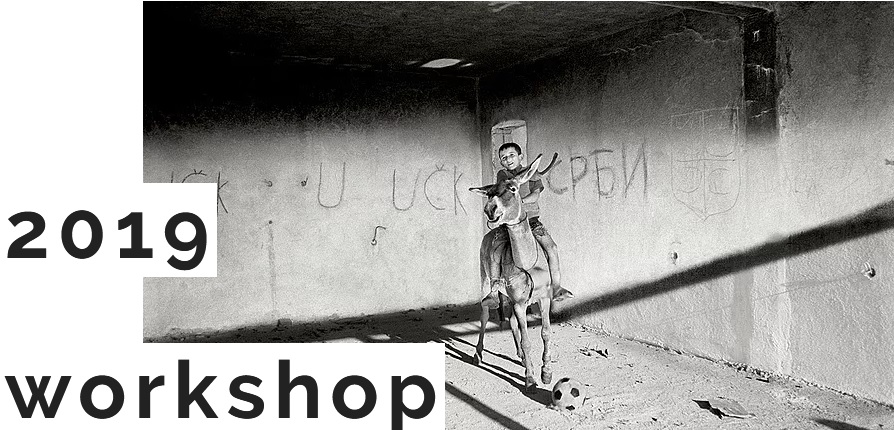Supported by transform! europe, the Balkan Society for Theorie and Practice (BSTP) aims to gather international and local scholars, activists and artists to critically discuss nationalism in the context of Kosovo, specifically, and Eastern Europe, generally.
The goal of this workshop is to explore if nationalism is obsolete. Is it capable of meeting, or even addressing, the issues of our time? In “National Independence: The Only Possible Outcome,” Frantz Fanon argues that the French public opinion is no—nationalism is strictly a regression. For example, the French public views Algerian nationalism as extremist, backwards, and anti-progress. That definition aligns with the way nationalism is generally discussed today in relation to far-right parties, Islamophobia, Anti-semitism, the desire to establish a “Christian Europe,” whiteness, and Eurocentricity. Nationalism is understood to align the past, present, and future in a timeless continuity, thus reducing to a threat all “external” elements, such as immigration and global capitalism. Nationalism is understood to be furthered by strict immigration policies, euroscepticism, and anti-globalization, among others. The Economist even coined the term “New Nationalism” to denote contemporary nationalism as inherently anti-globalization. This new nationalism is understood to necessitate a rejuvenation of national pride, which supposedly has been wounded in the international scene. Besides “New Nationalism,” new terms like “Trumpism” are employed to denote specific formations of nationalism today.
Authoritarian populism, national movements, Trumpism, Brexit, are all read as challenges to the global community. These movements (examples often include Russia, Turkey, India, Austria, Sweden, to name a few) are thought to be products of populist leaders who mobilize people against foreign influence, thus creating the conditions for the emergence of authoritarian tendencies and extreme national ideologies. In response, people turn their backs to international institutions and the ideal of global unity. In other words, nationalism is placed in direct conflict with democratic capitalism.
The popular understanding of nationalism obfuscates its revolutionary potential. First, conflation of terms like “nationalism,” “populism,” “right-wing,” and “fascism,” has given space to reactionary voices to claim nationalism as fascism with another name. Second, there is a lack of serious engagement with demands for nationalist strategies because such strategies are seen as relics of the past. Specifically, nationalism is seen to have failed alongside anti-colonial wars and socialist projects. Third, nationalism, which cannot be disarticulated from the nation-state model, appears anachronistic in our increasingly globalized world. With globalization and the demise of traditional colonization, nationalism signifies, to the liberal mind, only a backwardness that should have been replaced with transnationalism. It should be understood that these narratives of nationalism are very different from those developed by formerly colonized countries, for whom nationalism was often a strategic feature of decolonization.
Examples of revolutionary nationalism are: Vietnam; Black nationalism internal to the United States (e.g., Black Panther Party, Black Liberation Army); numerous African nationalist movements including Algeria, Guinea-Bissau, Cape Verde, Angola, and Mozambique; numerous South American nationalist movements including Venezuela, Chile, Colombia, and Peru; and nationalist movements among First Nations Populations in the Americas which have lasted centuries. Given BSTP’s orientation toward the Balkans, we seek to consider these nationalist movements alongside those that have emerged prior to and after the dissolution of Yugoslavia.
Please find the programme also on the right (pdf);
For more information about applications please visit: www.balkansocietytp.com;
Programme
2 July
6pm – 8pm, Panels
Branislav Radeljic: ‘Kosovo’s Independence: Official Dilemmas and Policy Preferences’
Arber Zaimi: ‘The Struggle for Independence and Social Justice in Kosovo.’
4 July
6pm – 8pm, Lecture
Denijal Jegic: ‘Nationalisms in Palestine/Israel from Herzl to the Great Return March.’
9 July
7pm – 9pm, Film Screening
‘Twenty-Eight Nights And A Poem’
Conversation with director Akram Zaatari;
11 July
6pm – 8pm, Lecture
Anikó Imre: ‘Eurovision: Queer Nationalism’
